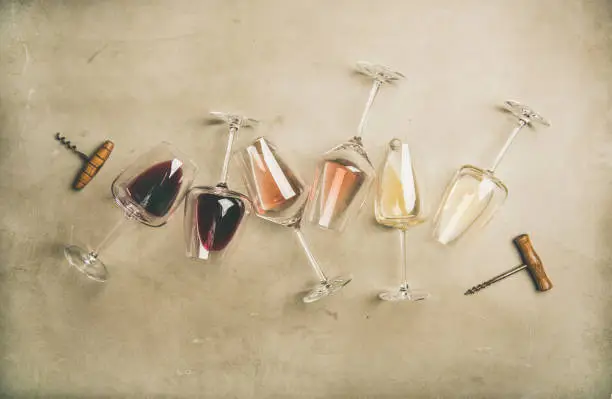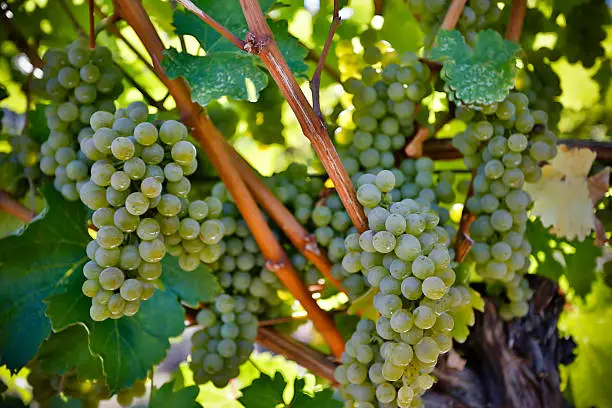
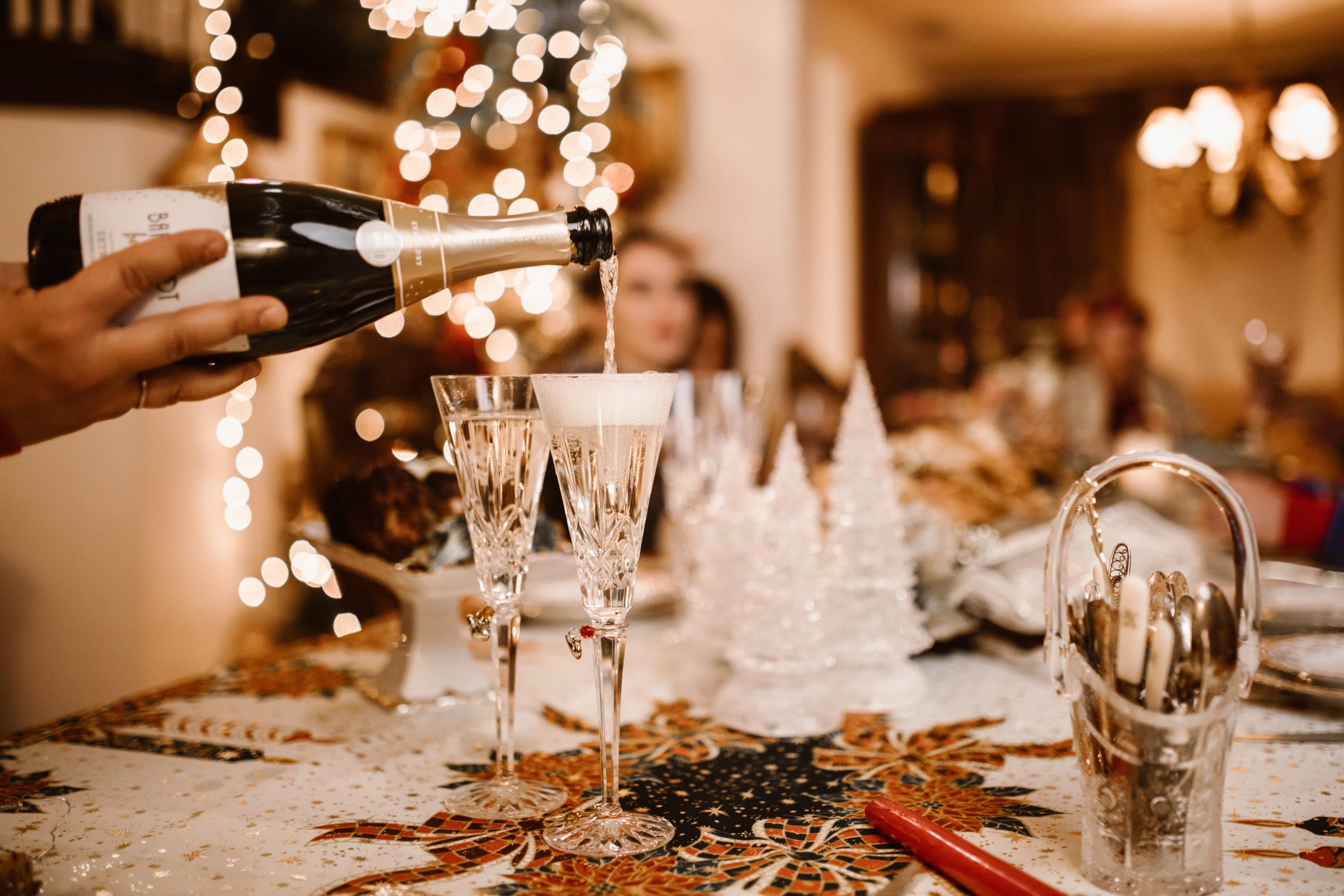
What are the origins of champagne?
When it comes to drinks that exude quality, luxury, and add to the atmosphere of an event, most of us will immediately think of Champagne. However, this reputation hasn’t come out of thin air. It’s been built up over the course of the drink’s history which spans many hundreds of years. During this time, Champagne has developed in appearance, flavour, geography, and its significance. Below we trace the timeline of Champagne from its origins to where it is now and the journey in between.
Early Champagne
The earliest records of champagne state that it was created by the Romans somewhere between the 1st and 5th centuries as they began to develop vineyards across Europe. However, instead of being the pale sparkling drink we know today, Champagne produced at this time was still and characterised by acidic notes resulting from the growing conditions. It got its name from the region of France where the grapes for the wine were grown by the Champenois.
Just a few hundred years after the drink’s initial production, it had already gained a reputation as a drink reserved for lavish events. By the 9th century, Champagne had been served to French monarchs and those attending their coronations for a number of years. Subsequently, it was then heavily consumed by aristocrats and other wealthy individuals throughout Europe as a symbol of status. During this time, the drink had taken on its classic ‘fizz’ due to accidental additional fermentation that occurred due to storage in the winter months. Although, changes would still need to be made before it would resemble the Champagne we know today.
The development of modern Champagne
As the medieval period progressed, the process of refining and ageing Champagne as we know it would be established by Dom Perignon. Living between 1638-1715, he perfected the secondary fermentation process and introduced the pinot noir grape as a viable option for the production of champagne. He also developed new corking to prevent Champagne bottles from exploding during secondary fermentation, which was a common issue that occurred due to the build-up of carbon dioxide.
The process of producing Champagne started in much the same way as any wine, with grapes being harvested and fermented with the addition of sugar and yeast. However, sparkling wines are then sealed to seal in the gases and develop the bubbles. Champagne differs slightly in that the fermentation takes place in the bottles that the drink will be sold in. ‘Riddling’ and ‘disgorgement’ is then done to remove any pressure and sediment that builds up in the bottles during the fermentation process respectively. This traditional method is known as the Méthode Champenoise.
Champagne today
Nowadays, use of the méthode champenoise is restricted by European Union law to the Champagne region of France where it originated. The techniques used in this sparkling wine have largely remained unchanged from when they were established by Christopher Merrett and refined by Dom Perignon at the start of the 1700’s. Modern Champagne is still characterised by a complex flavour profile of fruits, florals, and biscuit, accompanied by light and active bubbles.
Although the drink can be made outside of the Champagne region, these varieties will have names and methods to indicate as such. For instance, a ‘Crémant’ wine is one that follows the same production process as Champagne, but its production takes place outside the official region. Taking this into account alongside the wide range of other alterations that can be made to the factors involved in producing Champagne, there are hundreds if not thousands of variations in the drink today. As such, a Champagne gift set make for a flexible gift that can be adapted to meet the preferences of the person being bought for.
Shop for Champagne gifts UK
At Jean Juviniere, it’s our mission to help you succeed with corporate gifting while taking the weight of choosing the right gift off your shoulders. When it comes to giving Champagne as a gift for clients or employees, the amount of choice can be overwhelming. Fortunately, booking a wine tasting with one of our experienced sommeliers will provide all the insight you need. We take the time to guide you to the perfect bottle for your recipient and the occasion you want to celebrate. Don’t hesitate to get in touch if you have any questions about our corporate gifting options.
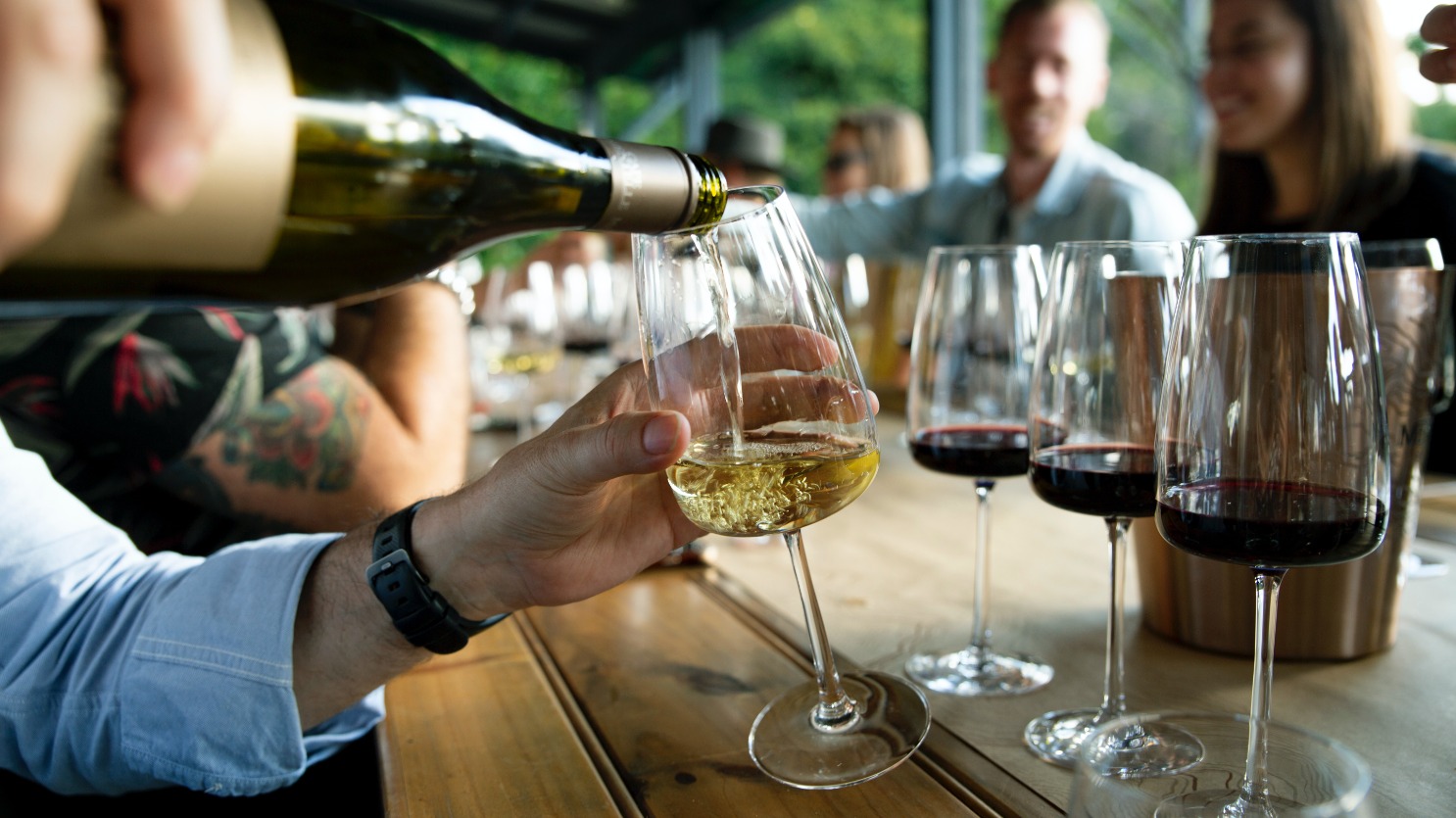 Fine Branded Corporate Gifts
Fine Branded Corporate Gifts 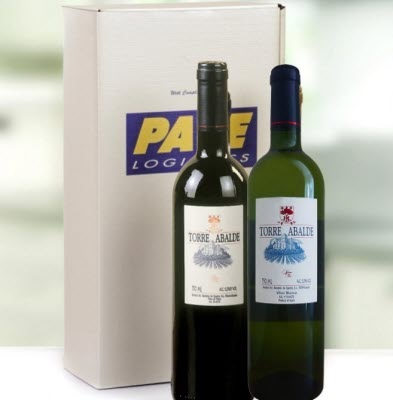 Card Wine Boxes
Card Wine Boxes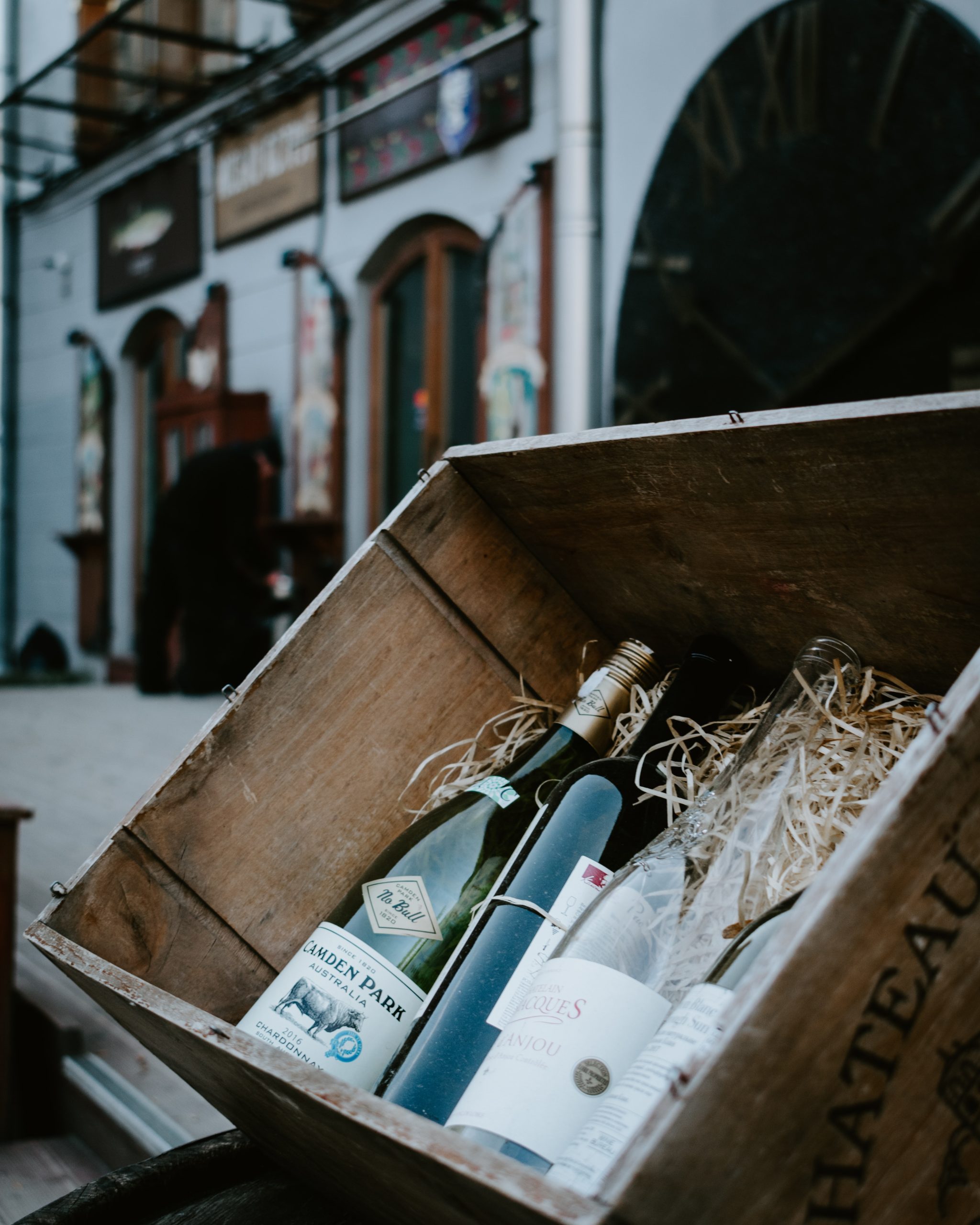 Wooden Wine Boxes
Wooden Wine Boxes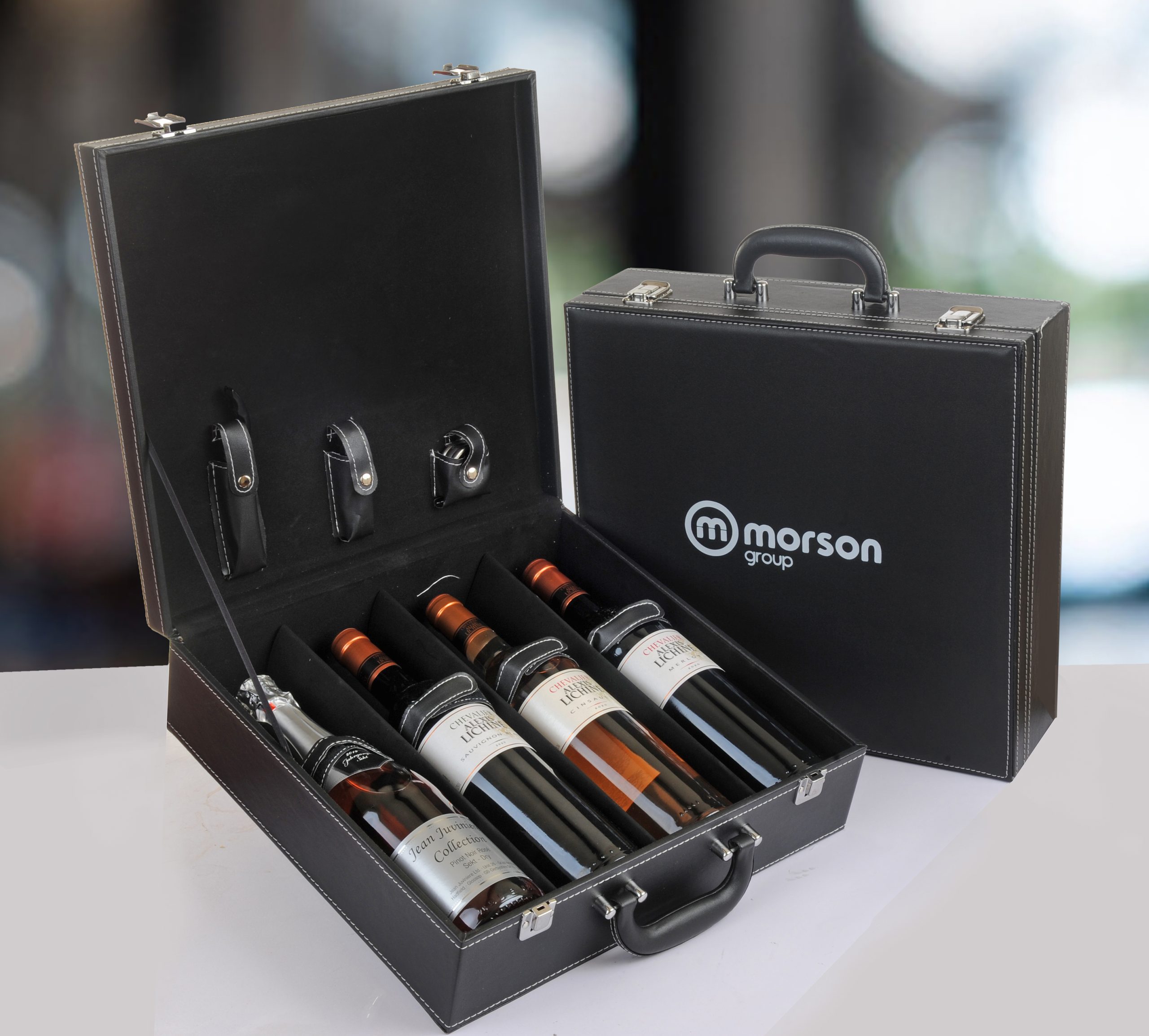 Leather Wine Boxes
Leather Wine Boxes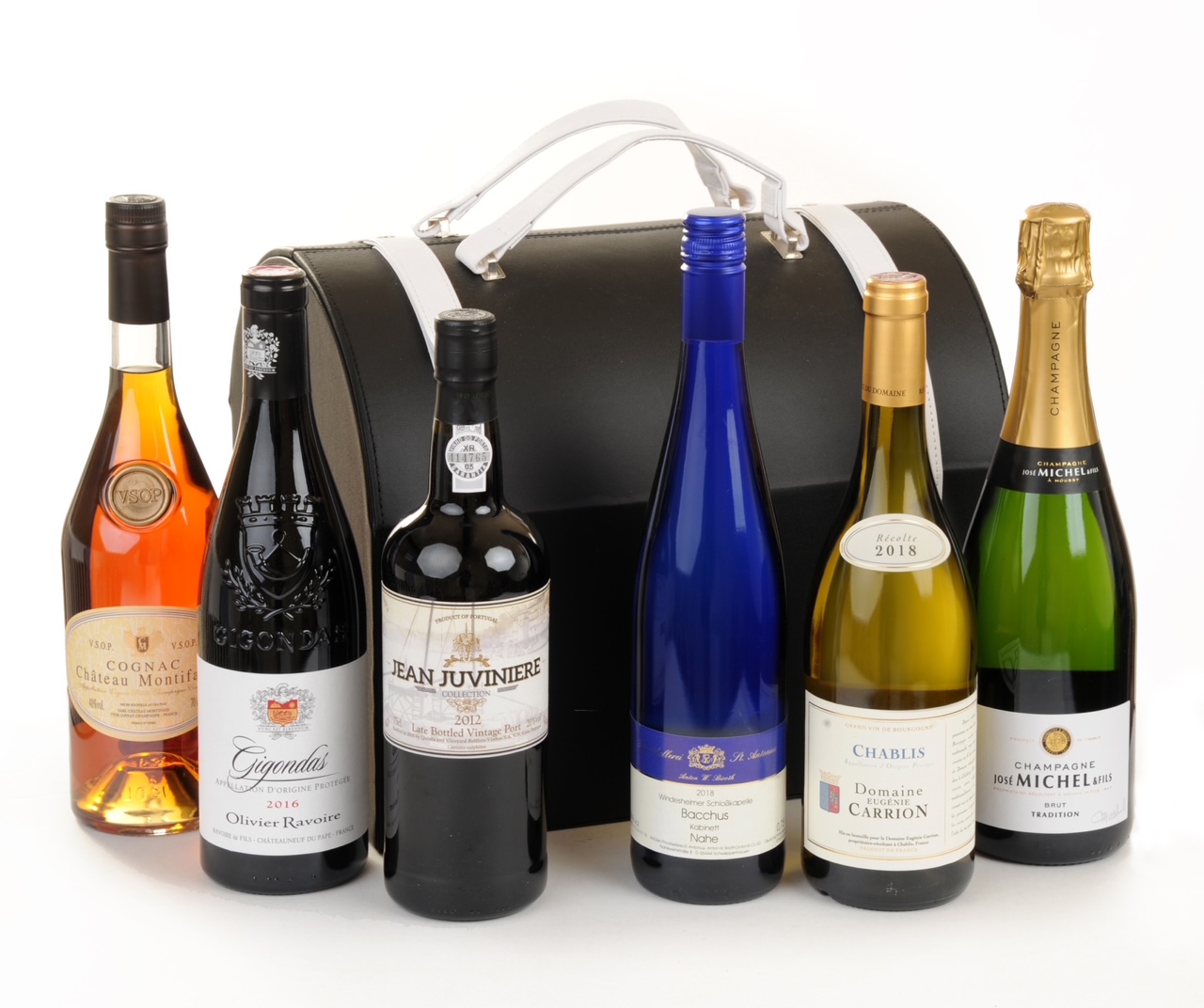 Wine Hamper
Wine Hamper Champagne Gifts
Champagne Gifts All Wine
All Wine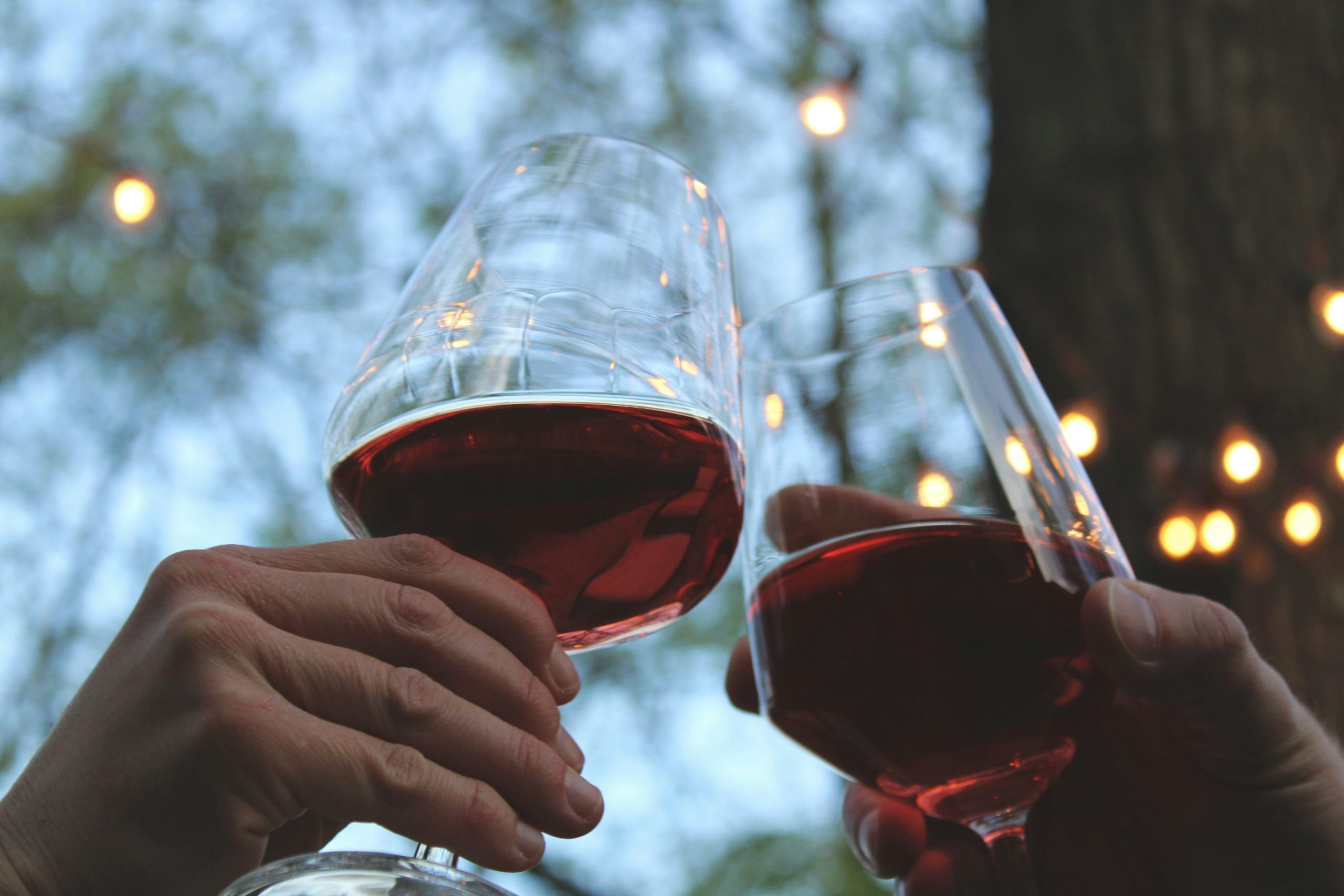 Red Wine
Red Wine White Wine
White Wine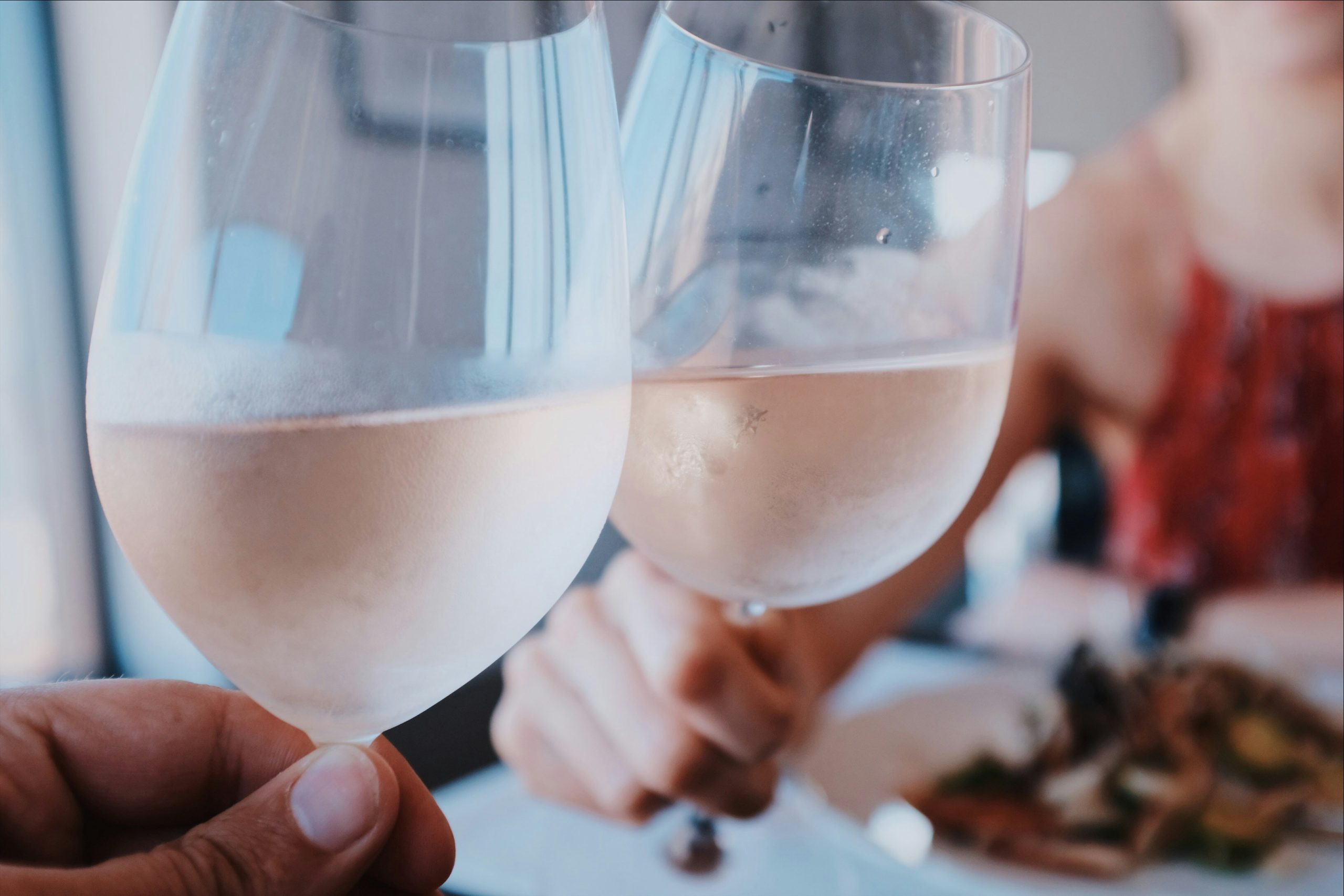 Rose Wine
Rose Wine Sparkling Wine
Sparkling Wine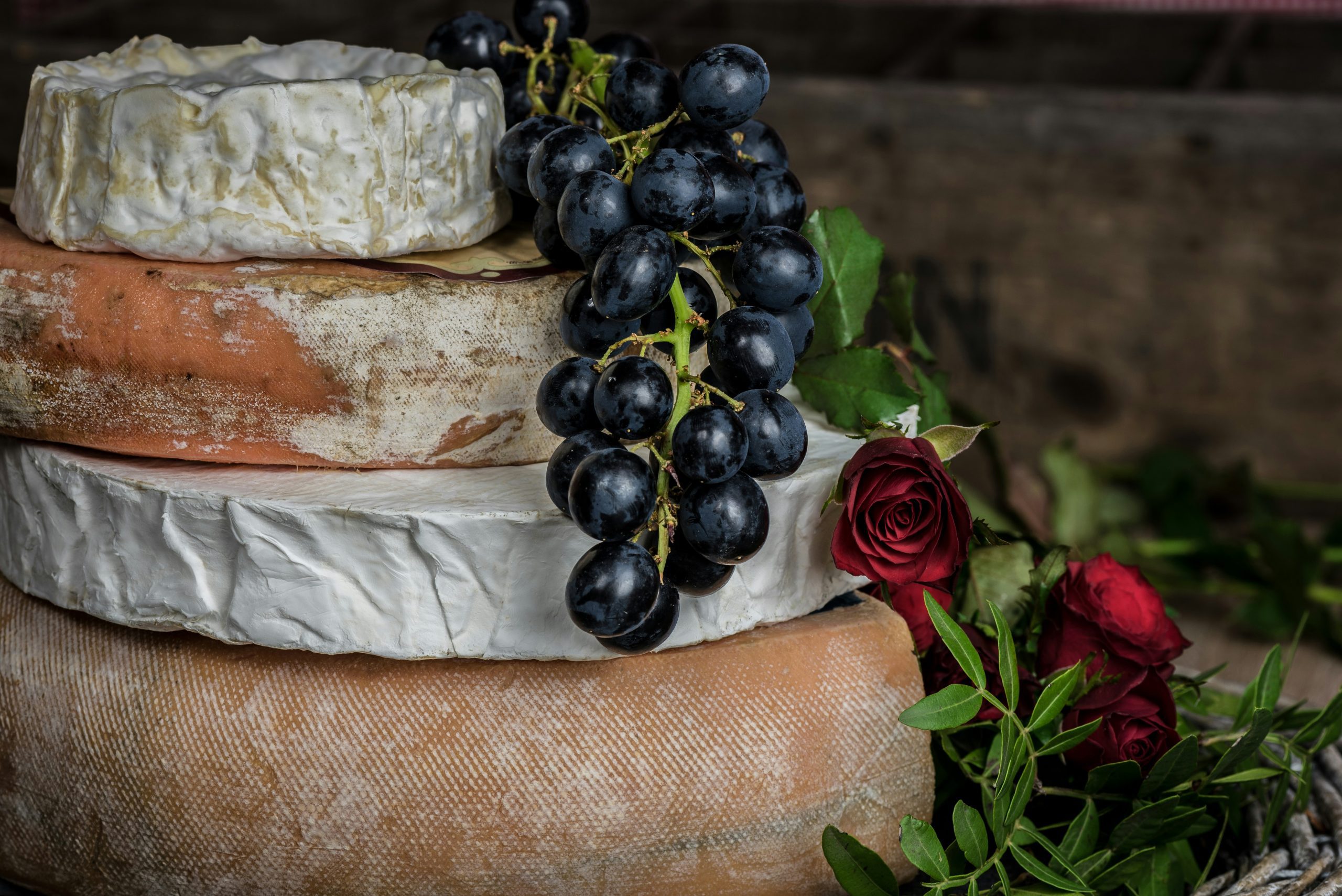 France
France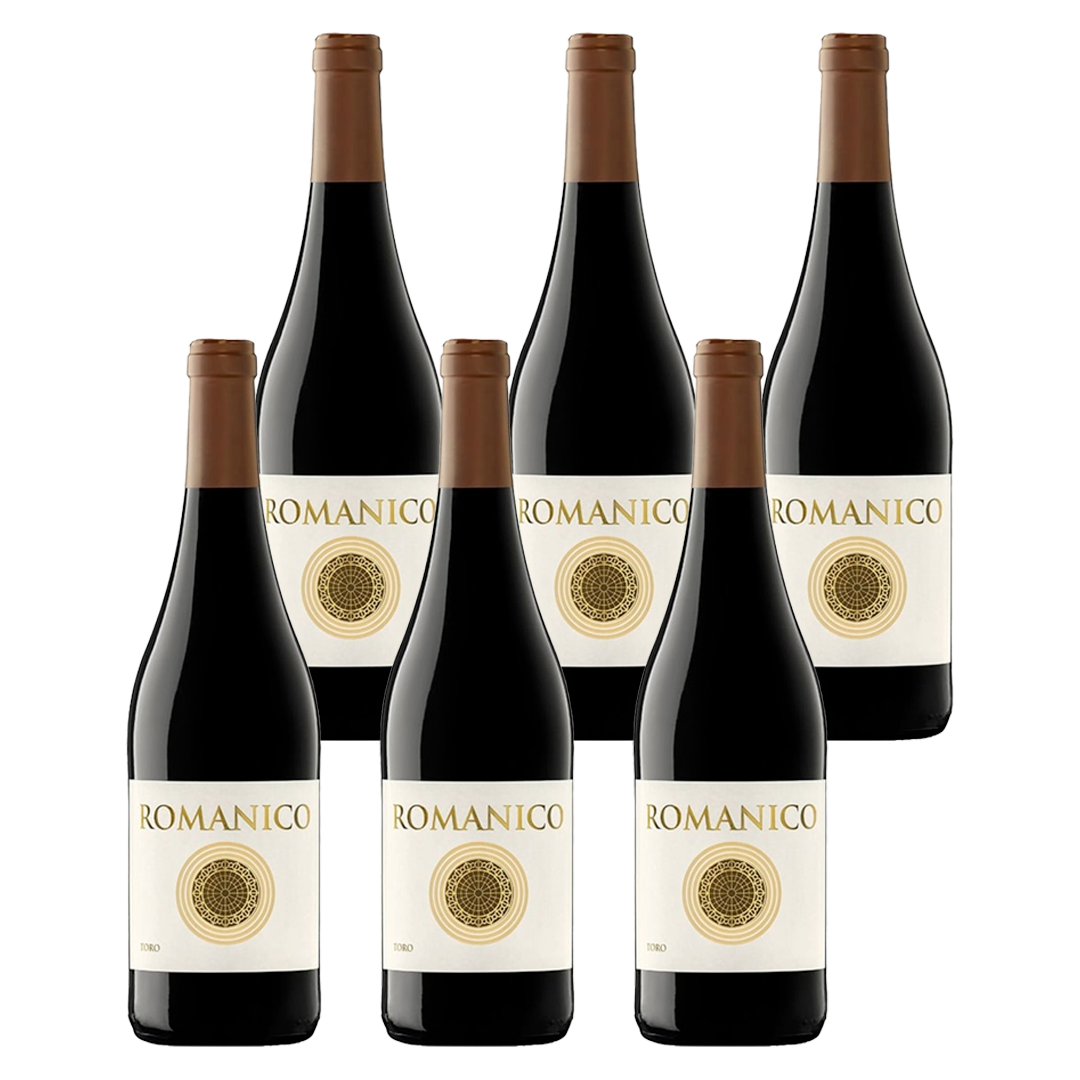 Spain
Spain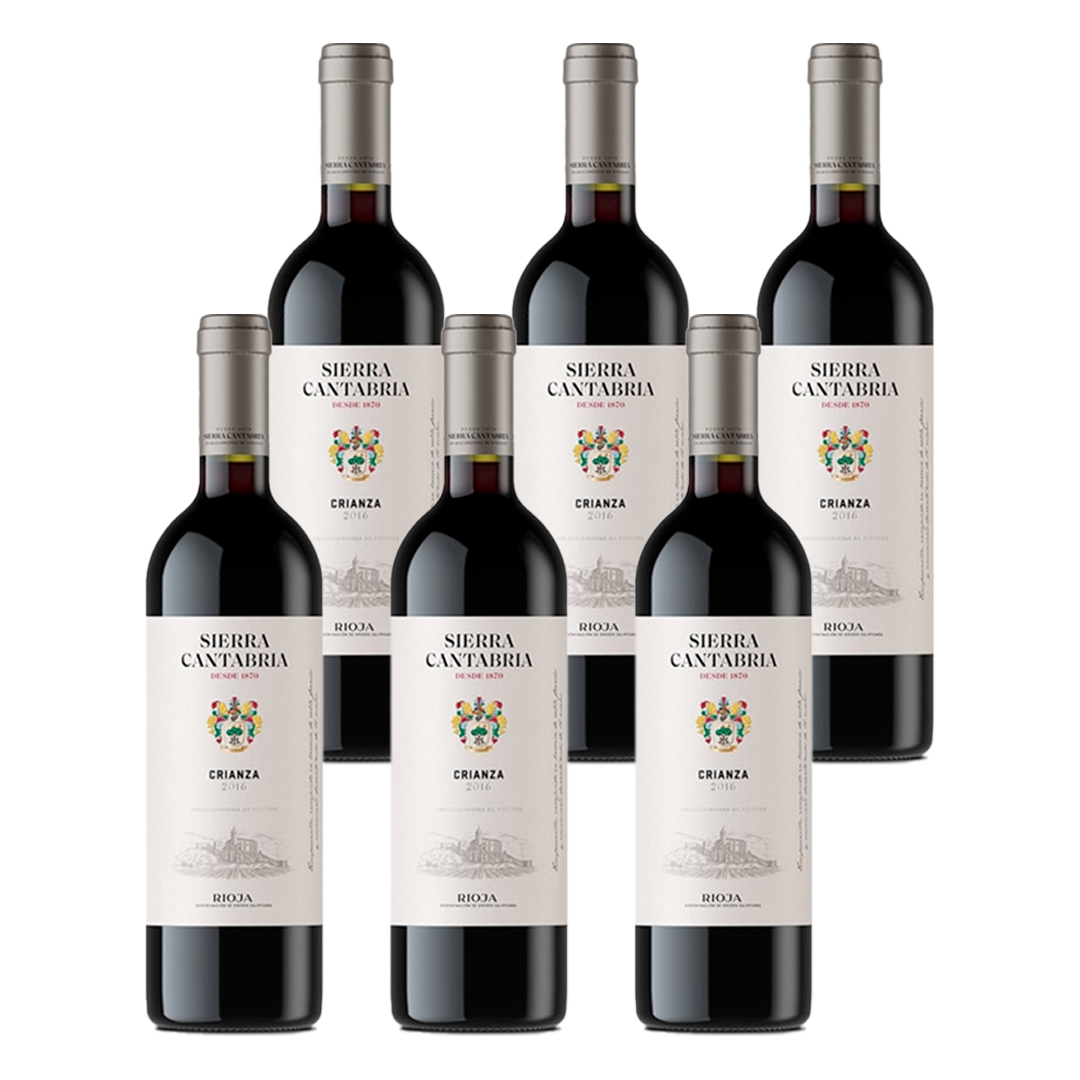 Rioja
Rioja Veneto
Veneto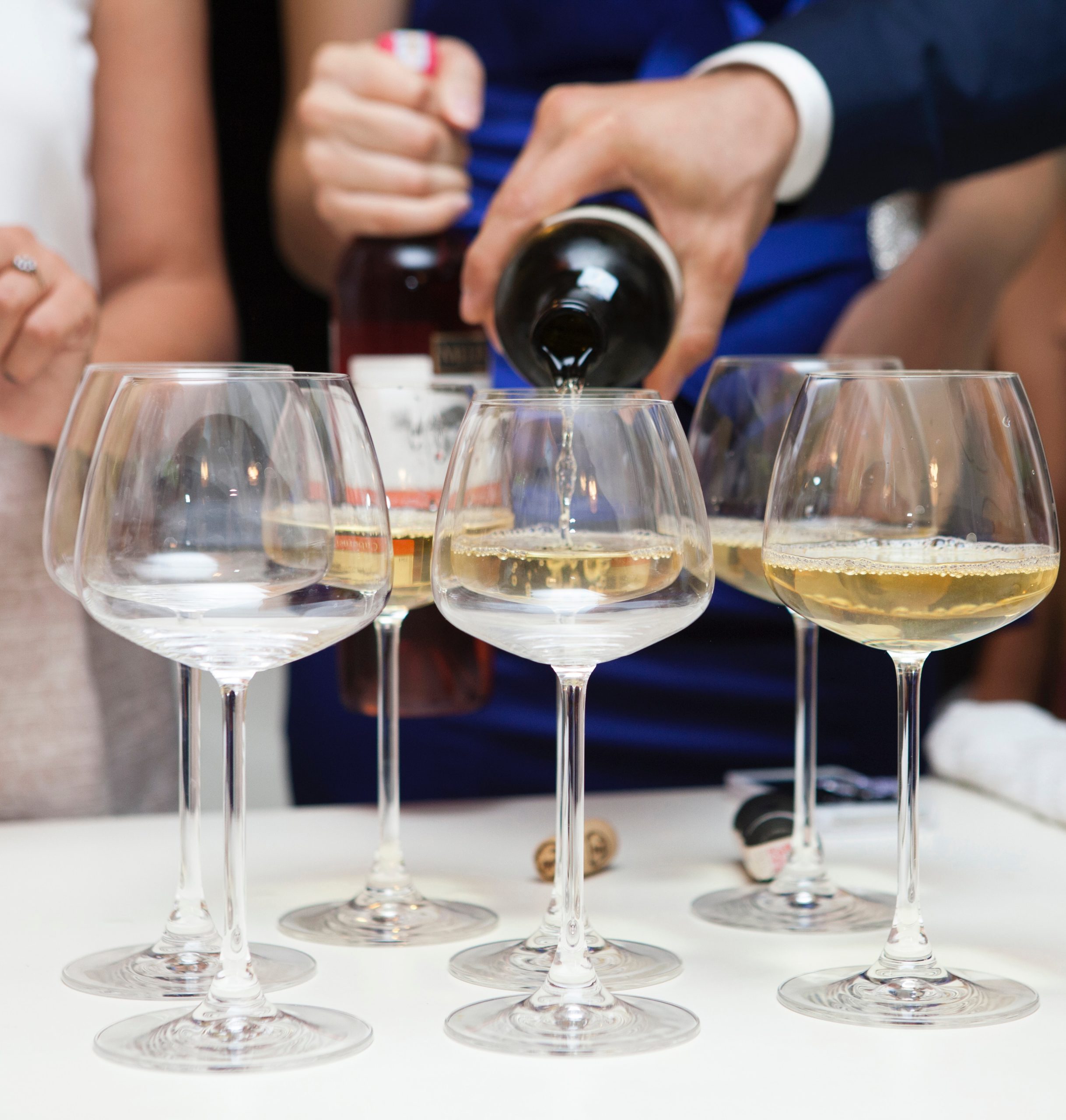 Business Anniversary Wine Gift
Business Anniversary Wine Gift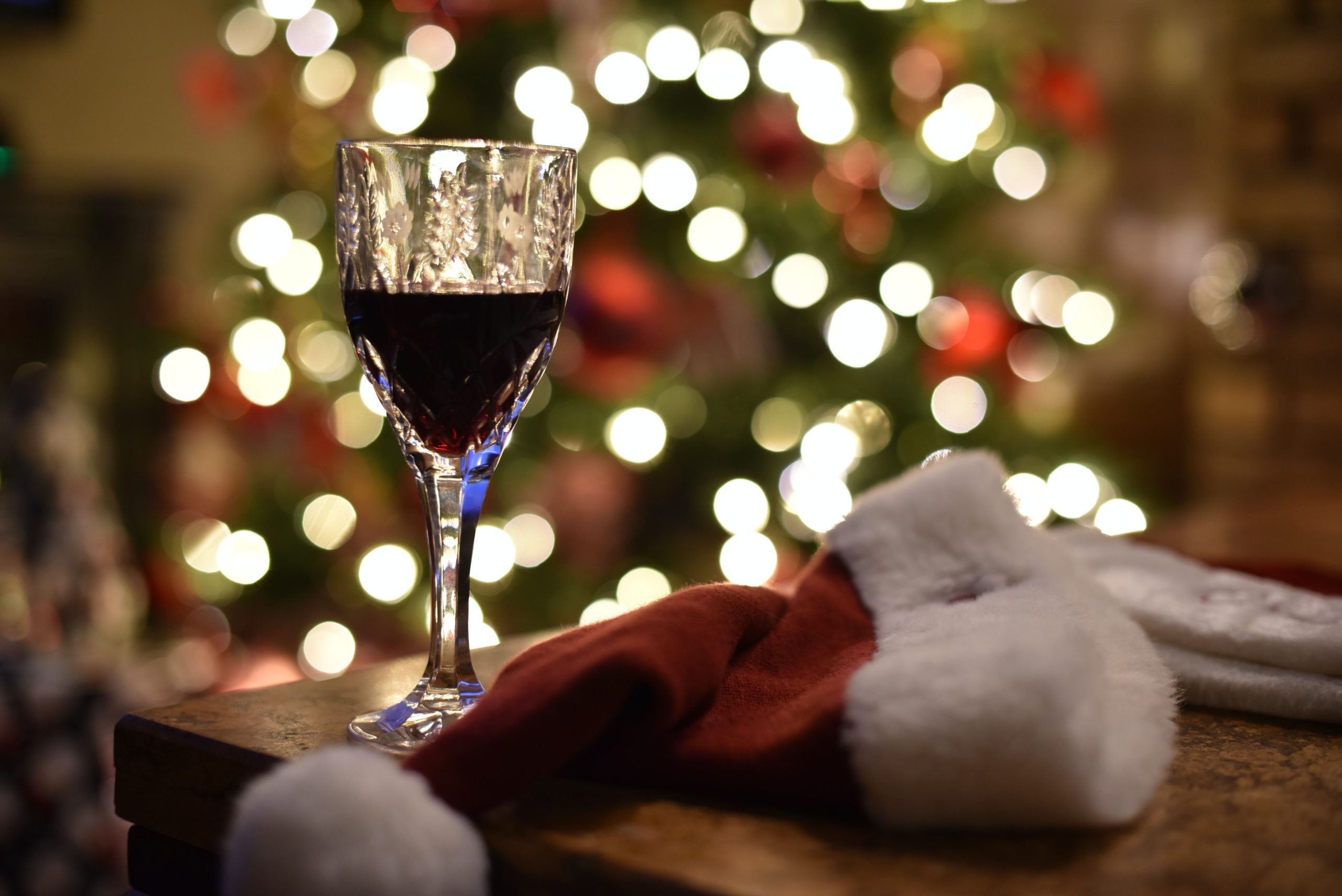 Christmas Wine Gifts
Christmas Wine Gifts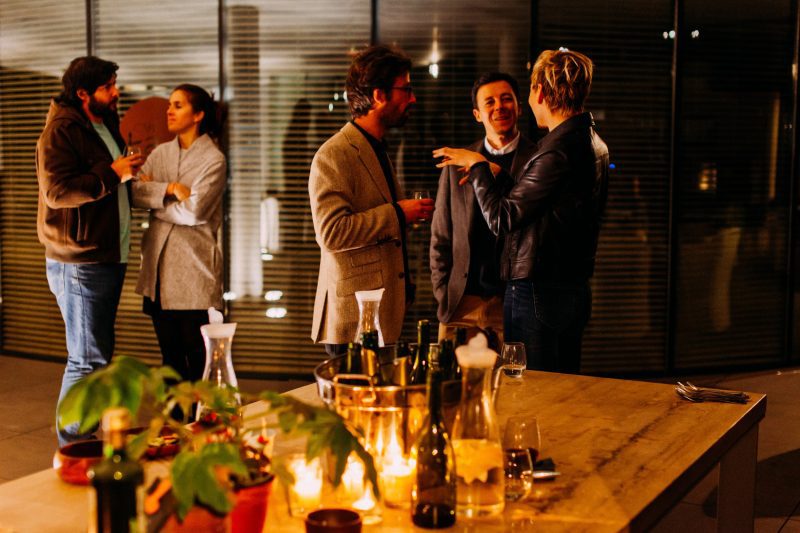 Corporate Wine Tasting
Corporate Wine Tasting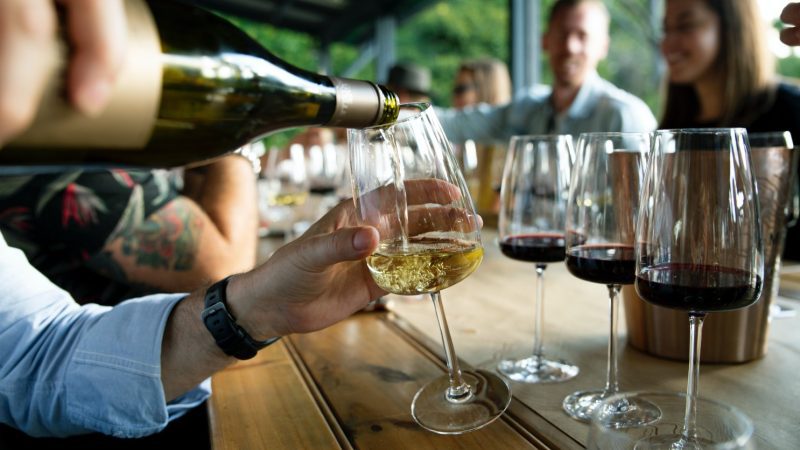 Company Events
Company Events
